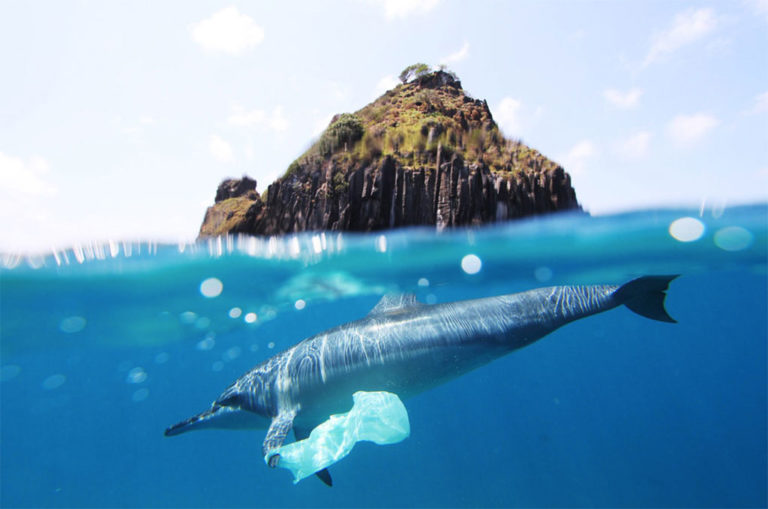The World Wildlife Fund (WWF) is calling on governments to implement a ban and phase out the use of “high-risk and unnecessary” single-use plastic products in preparation for the upcoming UN plastic pollution treaty talks in Paris from May 29 to June 2, 2023. The organisation, in collaboration with Eunomia, released a series of publications on 15 May to identify the most harmful plastic items contributing to environmental pollution and propose global measures to address the issue. WWF emphasises the importance of incorporating these measures into the treaty before the discussions in December 2023.

To effectively combat plastic pollution, WWF categorises plastic products into two classes. Class I consists of items that can be reduced or eliminated in the near future, while Class II includes products that require global control measures to promote recycling, responsible management, and proper disposal. WWF believes that grouping plastics based on their pollution risk, rather than legislating for specific objects, will lead to more successful worldwide regulations, minimising the potential for loopholes and challenges.
Marco Lambertini, WWF special envoy, highlights the urgent need for action, stating, ‘We are locked into a system where we are now producing quantities of plastic well beyond what any country can properly deal with.’ The current trajectory is causing a global plastic pollution crisis that adversely affects the environment and society. Lambertini warns that if no immediate action is taken, plastic pollution and leakage will double by 2040, while global plastic manufacturing will also double.
While plastic is inexpensive and versatile, approximately half of it is used for disposable items that take centuries to decompose. Recent surveys indicate that as of 2015, only 10% of plastics were recycled worldwide, with the remaining 60% being used and discarded. Lambertini cites countries that have implemented partial bans on plastic bags, straws, stirrers, microbeads in cosmetics, and single-use food and beverage items, but asserts that such measures are insufficient.
To address this issue comprehensively, large-scale efforts guided by internationally accepted principles are necessary to create a level playing field for all nations and industries. The harmful impact of disposable plastics on waterways, oceans, and the food chain demands their elimination worldwide in 2023.
While the plastic sector possesses innovative tools to manufacture greener alternatives, this transformation requires regulations and incentives that promote sustainable innovation and trade. Despite national legislation and volunteer actions, leaked plastics can travel hundreds or even thousands of kilometres before being detected. Single-use plastics, microplastics, and ‘ghost fishing gear’ contribute significantly to ocean plastic pollution.
Zaynab Sadan, WWF plastics policy coordinator for Africa, highlights the challenges faced by many governments and communities in managing plastic waste due to limited resources and infrastructure. As a result, communities are left to handle the waste on their own, which can have detrimental effects on their health. Therefore, it is crucial for the treaty to identify and include informal waste pickers to foster a more equitable and circular economy.
The elimination of high-risk and unnecessary single-use plastics is a key objective. The upcoming conference in Paris presents a unique opportunity to propose global initiatives that can shift society away from the reliance on single-use plastics, thereby addressing both nature and climate-related issues. Following a positive start at last year’s initial Intergovernmental Negotiation Committee summit, negotiators must now finalise the treaty text to effectively combat plastic pollution.
Picture: Getaway gallery
Follow us on social media for more travel news, inspiration, and guides. You can also tag us to be featured.
TikTok | Instagram | Facebook | Twitter
ALSO READ: Introducing the Breathtaking Merrell Transkei Tuff 150km Adventure Race















